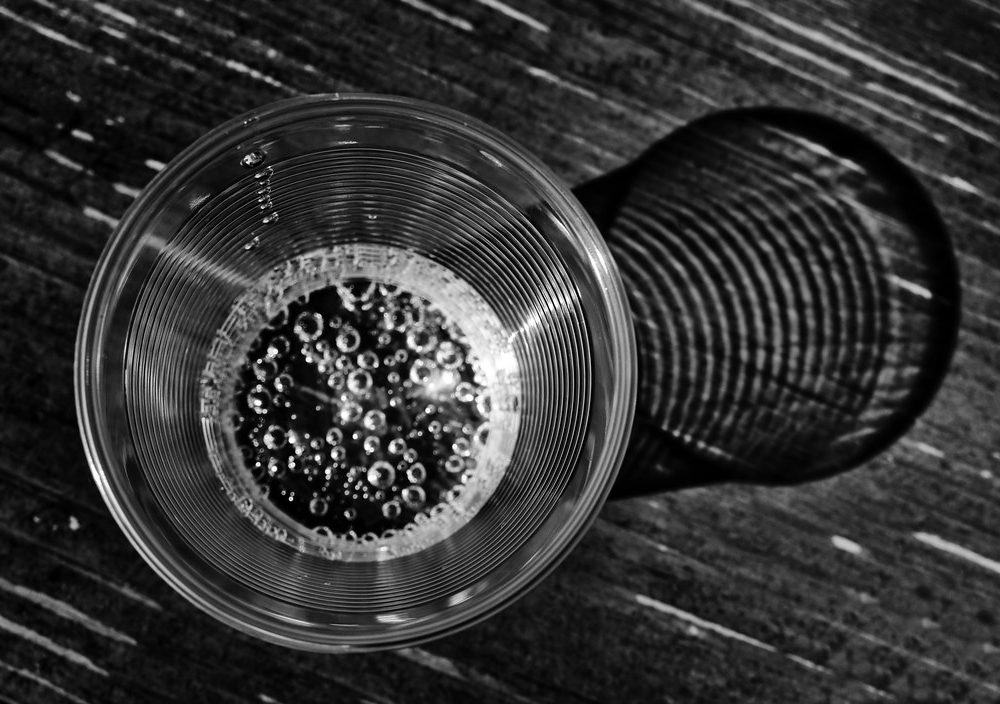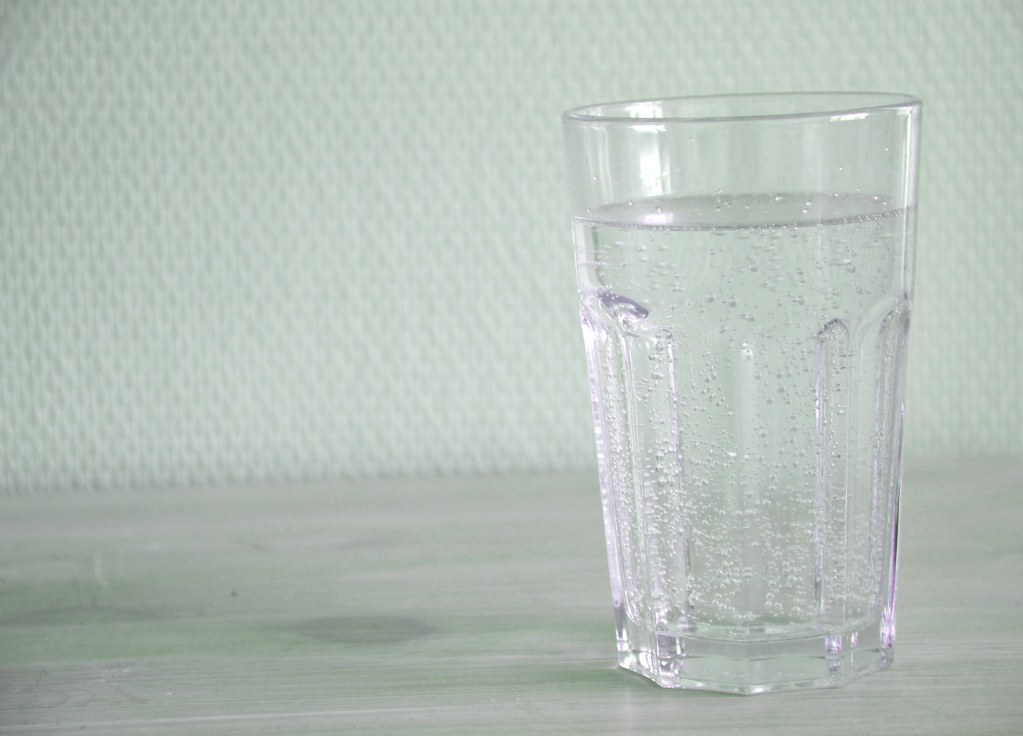
Sparkling water, also known as carbonated water or soda water, has become a popular alternative to sugary drinks in recent years. Its fizzy and refreshing taste has made it a go-to drink for many people, but there are concerns about its impact on oral health. Sparkling water contains a high level of acidity, which can cause harm to the teeth if consumed in excessive amounts. This raises the question: is sparkling water bad for your teeth? In this article, we will examine the impact of sparkling water on teeth, how to minimize the harm it may cause, and the importance of moderation in its consumption.
What Is Sparkling Water?
Sparkling water, also known as carbonated water or soda water, is a type of water that has been infused with carbon dioxide gas. This process creates bubbles that give the water a characteristic fizziness and a slightly sour taste. Sparkling water can be enjoyed on its own or mixed with fruit flavors to create a more enjoyable drink. Unlike soda, it does not contain added sugar, making it a popular alternative for those who are looking to reduce their sugar intake.
Is Sparkling Water Bad For Your Teeth?
Sparkling water can be bad for your teeth if consumed excessively because of its acidity. Sparkling water has a pH level that is lower than neutral (7), ranging from 2.7 to 4.0, which makes it an acidic drink. The acidity in sparkling water can erode the enamel, the protective outer layer of the teeth, leading to tooth sensitivity, decay, and discoloration. Consuming large amounts of sparkling water can increase the risk of these negative effects on oral health.
In comparison to other drinks, sparkling water has a higher acidity level than regular water but lower than other acidic drinks like soda and energy drinks. Regular consumption of sparkling water can lead to a gradual loss of tooth enamel over time, making the teeth more susceptible to decay and other dental problems.
How To Minimize The Harm caused By Sparkling Water

There are several ways to minimize the harm caused by sparkling water to the teeth:
- Drink Through A Straw: Drinking sparkling water through a straw can help reduce the amount of contact the drink has with your teeth, minimizing the potential harm it may cause.
- Rinse With Water: Rinsing your mouth with water after drinking sparkling water can help neutralize the acidity and wash away any residue from the drink.
- Wait To Brush: Brushing your teeth immediately after drinking sparkling water can further damage the enamel because it can make the teeth more susceptible to brushing abrasion. It is recommended to wait at least 30 minutes after drinking sparkling water before brushing your teeth.
- Limit Consumption: Consuming large amounts of sparkling water regularly can increase the risk of tooth damage. Limiting the amount of sparkling water you drink and balancing it with other non-acidic beverages can help minimize the harm it may cause.
- Proper Dental Hygiene: Practicing good dental hygiene, such as brushing twice a day and flossing daily, can help keep your teeth healthy and reduce the impact of any acidic drinks you may consume.
FAQs
Conclusion
sparkling water can hurt oral health due to its acidity. While moderate consumption of sparkling water is generally considered safe, excessive consumption can lead to the erosion of the tooth enamel and increase the risk of tooth sensitivity, decay, and discoloration. To minimize the harm caused by sparkling water, it is recommended to drink it in moderation, rinse it with water after consumption, limit the frequency of consumption, and practice good oral hygiene. Remember that dental health is a combination of diet and proper dental care, so it is important to take care of your teeth in both ways.

Beth is Cloudmineinc’s senior health editor and a certified personal trainer. She has over 10 years experience as a science journalist and is the author of two books. She deadlifts over 315 lbs.